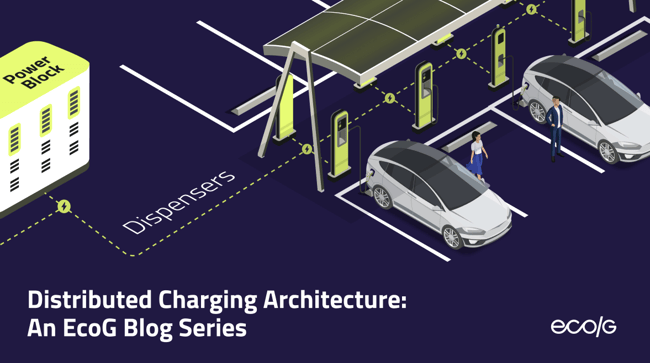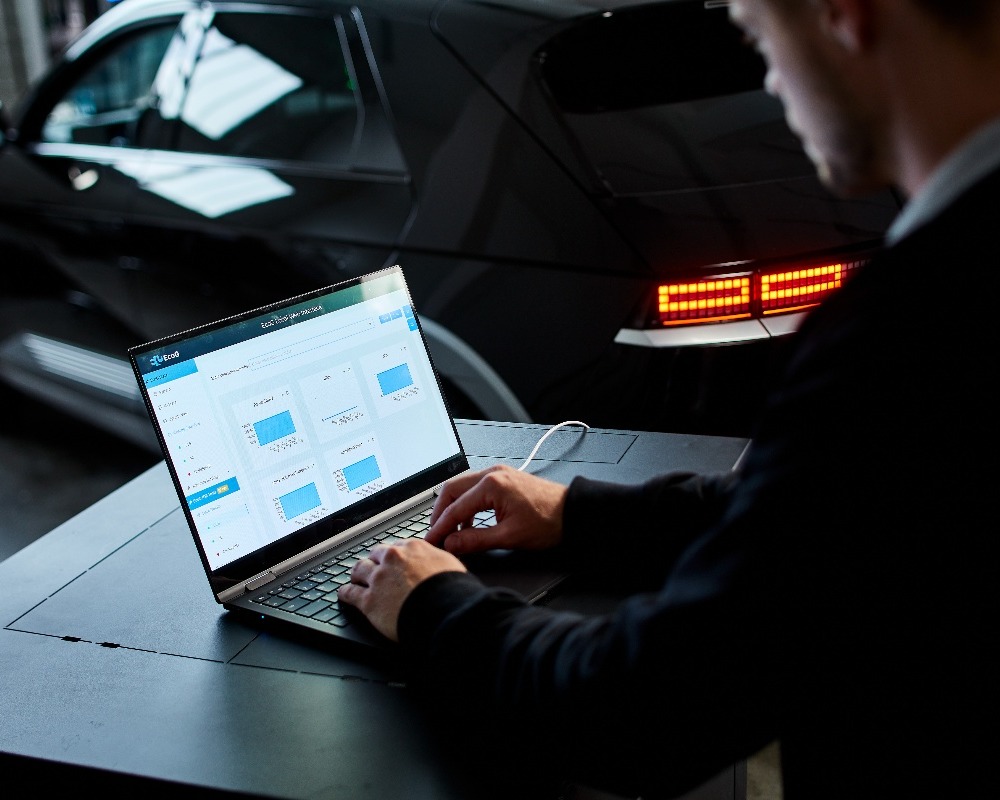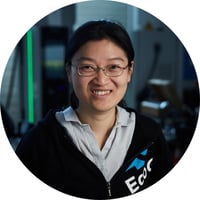EcoG Distributed Charging Architecture
In recent years, EV charging stations have seen rapid development. However, there is a trend gaining more and more attention that is especially relevant for Fleet and Charge Point Operators. And let’s be clear: standalone chargers will have their place also in the future, we are talking about highly scalable charging sites that need capital expenditure efficient and flexible solutions.
In this blog series, we'll dive into all things Distributed Charging Architecture, from the trends, the technical aspects of both the powerblock and the dispenser, to our ecosystem approach.

01
Why the distributed charging architecture will be a game changer for scaling EV charging in the next years
More flexibility, better usage of capital investment, modular setup and more, click now to read more about Distributed Charging Architecture.
02
Charging the future: An insider’s guide to the powerblock
Join us for a technical deep dive in the powerblock as one key player in the set-up — what it is, why it is disruptive, and what EcoG’s role is in developing another industry standard.
03
Charging the future: An insider’s guide to dispenser
Join us for a technical deep dive in the dispenser as one key player in the set-up — what it is, why it is disruptive, and how EcoG is involved in its development.
04
You never walk alone with your charging infrastructure ecosystem
Why is the ecosystem important? What are the biggest advantages? And how does EcoG approach this topic? Click now to read more.

05
Coming soon
Stay tuned for a mysterious reveal!
Our Team

Charge Controller
An EV charge controller with included communication functionalities – it provides circuit control, charging status and ensures vehicle interoperability.
-1.jpeg)
Charger Development
The EcoG Starter Kit is a development tool for charger manufacturers, containing all hardware and software components, and serving as well as a reference architecture for the final product.

Software Solutions
With the EcoG | OS, ultimate flexibility and interoperability for charger integration is ensured. 32 architectures, 15 power converters, and all chipsets on the market are supported.







